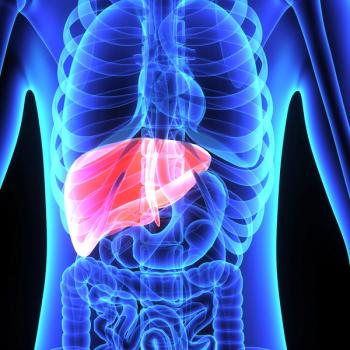
FDA Approves Brentuximab Vedotin for Previously Untreated High-Risk Pediatric Lymphoma
Patients with previously untreated high-risk pediatric lymphoma can now receive treatment with brentuximab vedotin with the FDA’s nod of approval.
The FDA approved brentuximab vedotin (Adcetris) plus doxorubicin, vincristine, etoposide, prednisone, and cyclophosphamide for the treatment of pediatric patients aged 2 years or older with previously untreated high-risk lymphoma, according to a press release from Seagen.
The approval was based on findings from the phase 3 AHOD1331 study (NCT02166463), which assessed the brentuximab vedotin-based combination in patients with stage IIB, IIIB, IVA, or IVB Hodgkin lymphoma. Data from the trial highlighted that the brentuximab vedotin-based combination demonstrated superior efficacy vs standard of care doxorubicin, bleomycin, vincristine, etoposide, prednisone and cyclophosphamide. In particular, treatment with the brentuximab vedotin and chemotherapy combination resulted in a 59% reduction in risk of progression or relapse, second cancer, or death compared with the control arm (HR, 0.41; 95% CI, 0.25-0/67; P = .0002)
“[Brentuximab vedotin] is a groundbreaking medicine approved for adults with certain types of lymphomas. Today’s FDA approval extends its availability to younger patients with high-risk classical [Hodgkin lymphoma],” Marjorie Green, MD, senior vice president and head of Late-Stage Development at Seagen, said in a press release. “We want to acknowledge and thank the patients, families and care providers who participated in the Children’s Oncology Group clinical trial that supported this approval.”
Reference
Seagen announces U.S. FDA approval of new indication for ADCETRIS® (brentuximab vedotin) for children with previously untreated high risk Hodgkin lymphoma. News release. November 10, 2022. Accessed November 10, 2022. http://bit.ly/3UJyeaH
Newsletter
Stay up to date on recent advances in the multidisciplinary approach to cancer.











































